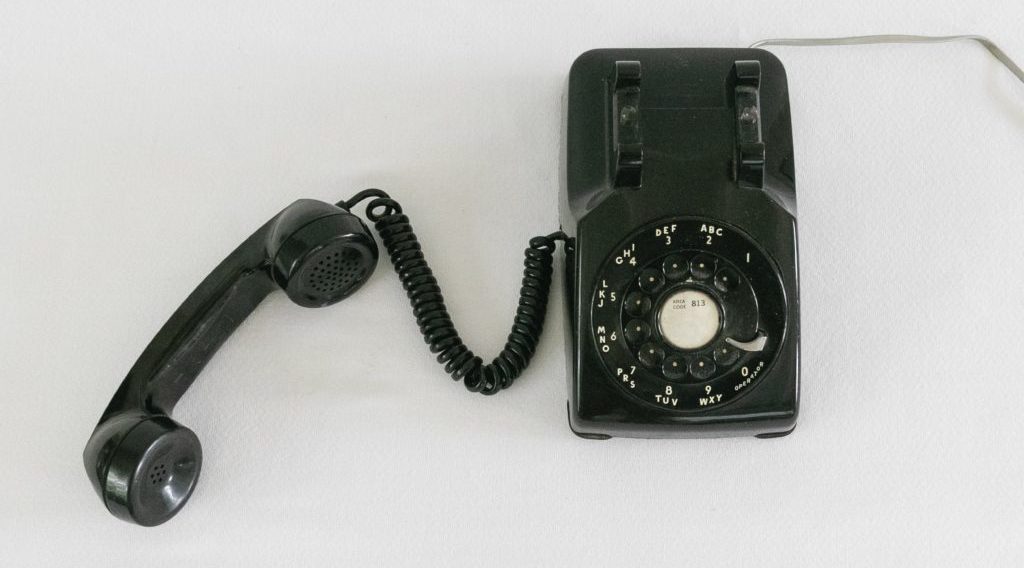Making cold calls during a recession requires balancing your need to reach new customers and clients with the reality of the economy.
Statistics are always a little tricky, but we’re going to dive right in. The Great Depression that began in 1929 resulted in 15-20 million Americans losing their job, which gave us an unemployment rate of 24.9%. During the Great Recession of 2008 and 2009, the U.S. unemployment rate peaked at 10.6%. And the COVID-19 crisis left us with approximately 30 million people filing jobless claims, for an unemployment rate of 13%.
If you’re making cold calls as part of your sales strategy, working in the face of these economic statistics might seem daunting. Indeed, they can be. But before you cut back on your sales calls, look to the story of Procter & Gamble as the Great Depression ravaged the economy in 1929 and beyond.
The company could have easily looked at their overflowing inventory and cut back on expenses like advertising. Instead, P&G realized they had a product that people needed (soap, to be precise), and they ramped up advertising. They sponsored radio programs and serials, eventually creating their own radio show (incidentally, this is where “soap operas” originated). Nearly a century later, it’s clear that this approach worked. Today they’re on the shelves of probably every grocery store in the known and unknown universe, with brands like Tide, Bounce, Charmin, Gillette, Pampers, Crest, Pepto Bismol, and so much more.
The point? Recession or not, there is a place for marketing and making cold calls. You just might need to work a little harder to get it right.
Make more calls and close more deals with call management software you can trust. Check out a free demo to learn more about all the great features.
Making cold calls during a recession – without sounding insensitive
Like P&G, you might be making cold calls to sell an essential product or service. Or you might not. Most individuals and businesses need insurance. They might not need a timeshare – although they may want one, and if you target your cold calls strategically, you might find a recession creates deals that buyers can’t turn down. What you’re selling, however, isn’t as important as how you’re approaching your sales calls.
Making cold calls successfully almost always begins with planning. Cold calls are not (or they shouldn’t be) just a random list of numbers. If you want to make tactful calls, start by knowing the person or business you’re calling. At the very least, know about them. Will this take a little extra effort? Yes. Will it be worth it? Absolutely.
Let’s say you’re selling a restaurant point-of-sale (POS) system. A recession hits, and restaurants everywhere are closing their doors. You start making cold calls, and it won’t take long before you’re viral on every restaurant social media page – and not in a good way. At best, you seem oblivious to what is going on in the industry you’re supposedly trying to help. And don’t forget when the economy improves, all these restaurants are going to remember you as the salesperson who only cares about making a dollar.
Let’s flip that a bit. You do some research and find out that XYZ restaurant has a wildly popular program where they donate 5% of their sales to the local food bank, and they just started providing free lunches to school-aged kids on weekends. As a result, they’re busier than ever and could use a new POS system to keep up.
Once you know the people or businesses you plan to call, get introspective. While it’s always important to focus on the benefits of your product or service, that’s especially true in a recession. However, you may need to highlight some benefits more than others. Going back to the POS system, imagine you have data that shows your software reduces incorrect orders by 15% and increases average sales by 12%. That’s HUGE to a food service business. That’s something that can help business right now and into the future. It’s an immediate and noticeable benefit.
The next step in making cold calls during a recession is to tailor your message even more than you usually would. If your audience is a business, this might be a little easier, as it’s essential to look into the future and the steps it will take to keep the doors open.
Undoubtedly, this requires agility. You have to be prepared to change tacts in an instant. Research is helpful, but you just can’t know everything, and you need to prepare for surprises. This is also a good time to consider your sales scripts and how you can adjust them to be more fluid.
While you’re at it, drop the hard sell. The debate may continue over how well the hard sell works in today’s environment, but during a recession is not the time to try it out. This is when your customers need you as a resource, as a guide, and as a source of helpful information.
Ultimately, all of this is about empathy. Who you call, how you can benefit them, how you frame your message, and how you share your message is all part of what makes up empathy. Empathy is simply an understanding of how someone else is feeling. It isn’t an alien phenomenon. It just takes awareness. When you approach your prospects as people, and not just a step towards a paycheck, empathy is natural.
You can’t stop making cold calls and sales calls just because of a recession. You have something people want and need. It’s your job to figure out how to present it to the right people in the right way.
One more crucial aspect of maintaining business and making sales during a recession has very little to do with cold calls, as it turns out. Don’t neglect your current customers. Harvard Business Review points out that “during recessions it’s more important than ever to remember that loyal customers are the primary, enduring source of cash flow and organic growth. Marketing isn’t optional—it’s a “good cost,” essential to bringing in revenues from these key customers.”
Reach out to more clients and keep track of them with Call Logic’s cloud-based auto-dialing software. Schedule a live demo to find out how we can help you build relationships that lead to closed sales.

